“This is my second year studying in China, and I’ve realized that India and Indians aren’t exactly welcomed here. Many Indian students studying in China don’t want to return to India after graduation.”
With a mix of joy and frustration, an Indian student shares his experiences and feelings about studying in China.

Indian Student Discovers Indians Aren’t Welcomed in China
I’m a 20-year-old Indian guy who came to China last year to study. I gave myself a Chinese name, Dashun, hoping for smooth sailing and good fortune—something like that.
Back in India, I thought the number “6” was unlucky, but Chinese people love it. I’m pretty adaptable, so I’ve come to like it too.
Before coming to China, I was nervous. On Indian social media, opinions about China are super polarized. Some say China is backward, poor, and way worse than India. Others argue China’s far ahead and a model for India to learn from. I was torn about studying here, but as a broke college kid, I didn’t have much choice.
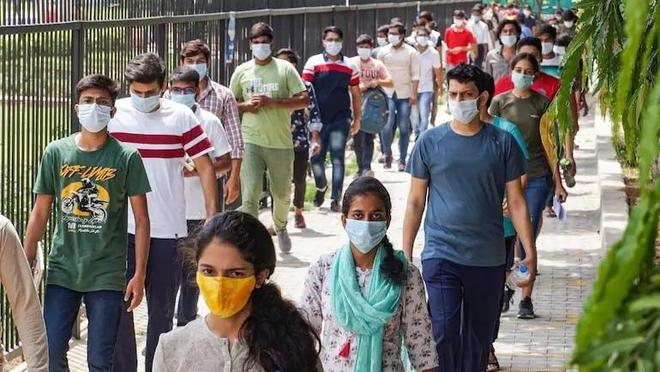
My dad made it clear: “You’re going to China to study hard and not embarrass me.”
That’s the gist of it. So, I tagged along with my brother-in-law, who was on a business trip to China.
When I first arrived, everything felt new and impressive—I was just a small-town guy in awe. My brother-in-law thought I was embarrassing, but I didn’t care. I was thrilled to see what China’s really like and to live here for years.
By the way, I could already speak Mandarin and write Chinese characters when I arrived. During the pandemic, my dad enrolled me in an online Chinese course. I wasn’t thrilled about it, thinking it was useless. But my hot-tempered dad didn’t take my complaints lightly—he’d smack me if I slacked off. He’d also check with my teacher about my progress, and if he wasn’t satisfied, he’d go from loving dad to iron-fisted enforcer.
So, I learned Chinese through tears and homework struggles.
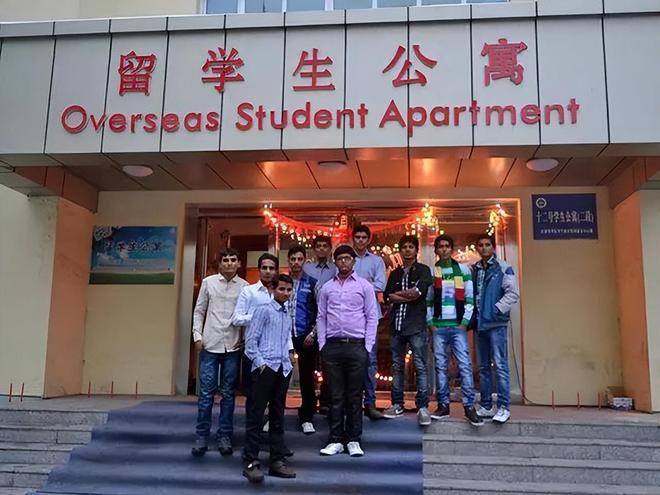
But once I got to China, I was genuinely grateful for my dad. Here, no matter how good your English is, it’s not enough. Chinese people have their own language and writing system—if you want to thrive, you’ve got to learn it.
With fluent Mandarin, decent handwriting, my high-caste background, and a brother-in-law who frequently visits China, I stood out among Indian students. Haha, just kidding, but people kind of saw me as a leader. I organized activities and took everyone to hang out with Chinese students, like climbing the Great Wall together.
Studying in China is honestly so much fun. Everything—food, housing, transportation—is super convenient.
But I’ve noticed that India and Indians aren’t that welcomed here. It’s weird—I thought India’s global influence would make us popular everywhere. Instead, it’s not about discrimination, but Chinese people seem to have a lot of negative impressions about India for some reason.

I still don’t get why Chinese people call Indians “Asan” or “Third Brother.” I’ve asked, but no one gives a clear answer. Online, it’s supposedly a playful or friendly term, but when I hear “Indian Asan,” it doesn’t feel friendly. It’s like there’s some hidden meaning I can’t figure out.
Sometimes, I feel like Chinese people don’t really like Indians. On the internet, they joke about Indians using their left hand to wipe and right hand to eat, saying it’s dirty. I can explain this—it’s tied to our beliefs. The right hand is considered pure, so we use it for handshakes, eating, or giving and receiving things. The left hand is for less “clean” tasks, but we always wash thoroughly afterward. It’s not as gross as people think.
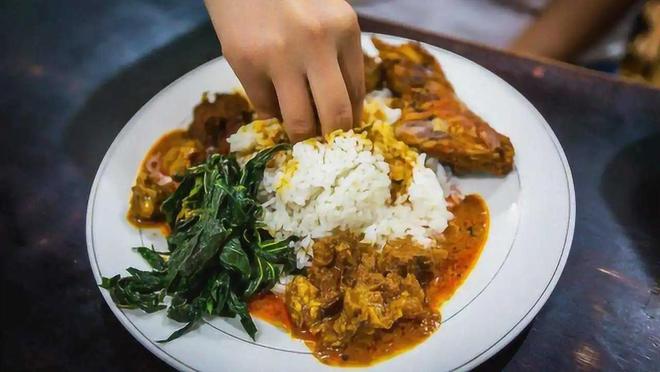
Indians being unpopular shows up in other ways too, beyond jokes. There are stereotypes: Indians are seen as unpunctual, unhygienic, smelly, patriarchal, disrespectful to women, and obsessed with the caste system.
I won’t deny some Indians fit these stereotypes—I’m not always punctual myself, though I’ve worked on it. Now, I arrive 10 minutes early for appointments to avoid keeping people waiting.

As for other stereotypes, I don’t think they apply to me, especially disrespecting women—that’s not who I am. In India’s upper society, no matter how a man acts at home, he’d never show disrespect toward women in public.
India might lag in some areas, but it’s not a closed-off country. Upper-class Indians are tech-savvy, care about reputation, and know that abusing women or disrespecting them in public is wrong. Those behaviors mostly happen in lower or middle classes, not among prominent Indian men.
Still, since most Indians are from those classes, it shapes foreigners’ negative views, including Chinese people’s. I feel a bit wronged—some Chinese classmates giggle at me just because I’m Indian, without even knowing me. I don’t know if it’s malicious, but it makes me uncomfortable. They shouldn’t judge like that.
Wanting to Settle in China but Afraid to Marry a Chinese Woman
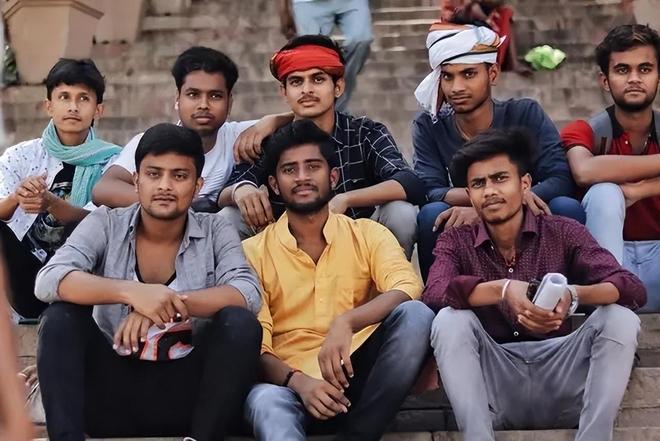
Despite Indians not being welcomed, most Indian students I know love staying in China. Many graduating Indian students try hard to stay rather than return to India.
I get it—after a year here, I really want to settle in China permanently. Life here is great: shopping is easy, transportation is advanced, and there are tons of fun places to visit. As long as you have enough money and follow the law, every day is enjoyable. The internet is super fast too.
Let me emphasize that—China’s internet is way better than India’s. The signal is strong everywhere, even in subway tunnels. Downloading videos or files is lightning-fast, and chatting has no lag. Gaming is smooth too, though accessing foreign websites can be tricky. Still, the internet speed is top-notch.
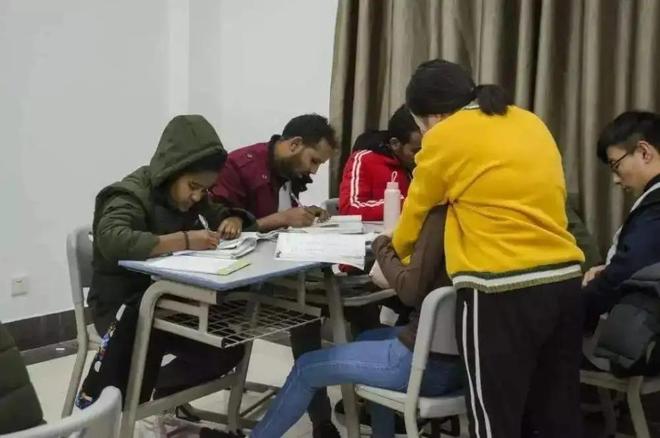
Staying in China isn’t easy, though. A senior classmate dated a Chinese girl, hoping to marry her and stay. But at graduation, she broke up with him. Turns out, she never planned to marry a foreigner—she just thought dating a high-caste Indian guy was cool.
He was heartbroken and returned to India, where he’s set to marry an Indian girl from a matching background, someone he barely knows.
I considered the same plan—find a Chinese girlfriend, marry her after graduation, and stay in China. Chinese college girls are gorgeous, though most are a bit too thin for my taste. They have fair skin, which I really like.

In India, fair skin is a big deal—the fairer, the more admired. Skin-whitening products are a huge market; anything effective sells like crazy. Fair-skinned people have an easier time finding partners, and darker-skinned Indians often envy those with lighter skin, especially women.
But I quickly dropped the idea of marrying a Chinese woman. Chinese women are nothing like Indian women. They demand gender equality, believing women’s rights are equal to men’s. In families, they expect men to do chores, hand over salaries, and spend time with kids, all while working hard to pay off mortgages and car loans.
Plus, before marriage, men are often required to own a house and car and give the woman a large sum of money, then spend even more on the wedding just to bring her home.
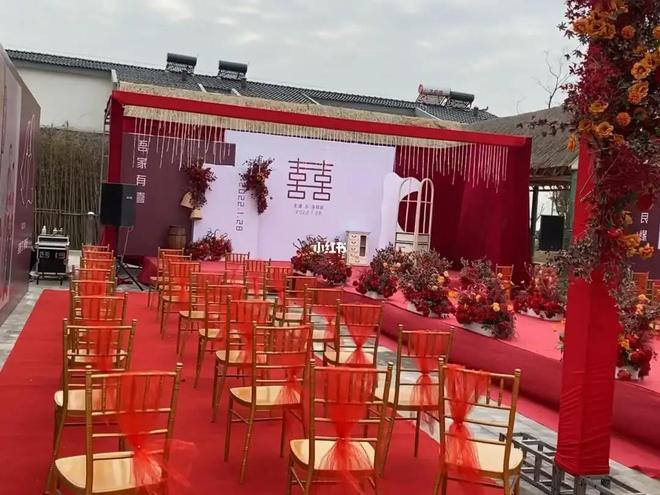
When my Chinese classmates first told me about their marriage customs, I was floored. Who’d want to be a man in that setup? Being a woman sounds way easier—they get a house, car, savings, and a husband who does everything while they just raise kids and relax.
I don’t know if I’m understanding it right, but Chinese women seem to have it all and demand a lot. In India, the bride’s family provides a hefty dowry, which determines her status in her new family. After marriage, women focus on the household and raising kids. If the family isn’t wealthy enough for maids or cooks, she handles all chores and cooks delicious meals.
Many Indian women don’t work outside the home after marriage—only lower-class women do to make ends meet.
So, I don’t dare marry a Chinese woman. An Indian woman suits me better.
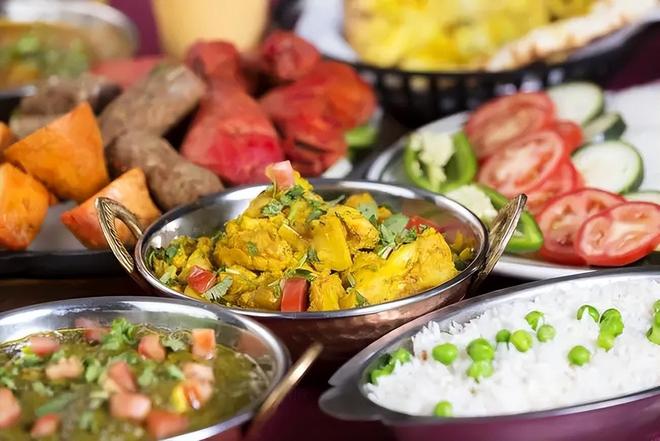
In June, I met a beautiful Indian woman two years older than me. I thought we were a great match, especially regarding family values. But when I hinted at my feelings, she shut me down, saying, “I want to stay in China after graduation, so I’ll marry a Chinese man who’ll have me.”
My heart broke. How could she think that? I believe Indian men shouldn’t marry Chinese women, but Indian women shouldn’t marry Chinese men either!
China’s amazing, but if Indian students stay here and marry Chinese people, will our kids think they’re Chinese instead of Indian? Is that okay? Is marriage really the only shortcut to staying in China? I want to know if there are other ways.
From what I know, most Indian students studying abroad don’t want to return to India right after. I don’t think there’s anything wrong with that—I’m just choosing a better place to live.

This summer, I stayed in China instead of returning to India. A Chinese friend got me a part-time job as a waiter in a restaurant, earning 25 RMB (about $3.50) per hour. I worked 7-hour shifts, morning or evening, with two days off a month.
I loved that job—it was comfy with air conditioning, busy for only about two hours, and included a free meal. By August 15, I earned over 8,000 RMB, equivalent to nearly 100,000 rupees. It was my first time making money, and it felt like a fortune!
I thought, if I could get a job like this after graduation, it’d be great. But with so many Chinese students, why would they hire me?
It’s frustrating, but I’ve got three years left. I hope by then I can stay in China with a good job. A Chinese girlfriend would be nice, but for marriage, I’d definitely choose an Indian woman.
China’s an amazing country, nothing like what I saw online before. But sometimes, I feel Chinese people aren’t that friendly toward Indians. I hope more Chinese friends will look beyond stereotypes—India has plenty of interesting people too!










